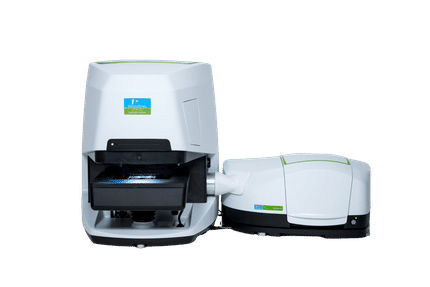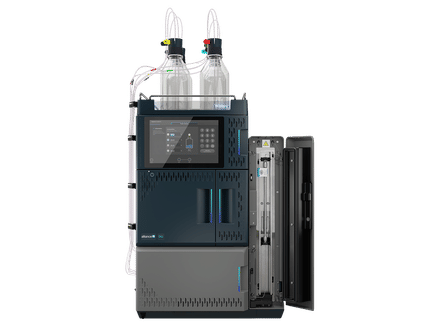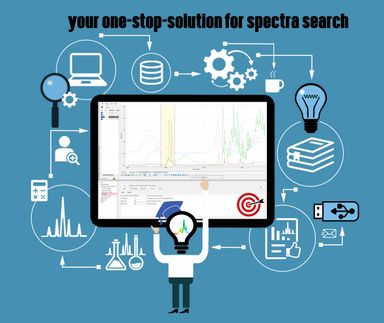To use all functions of this page, please activate cookies in your browser.
my.chemeurope.com
With an accout for my.chemeurope.com you can always see everything at a glance – and you can configure your own website and individual newsletter.
- My watch list
- My saved searches
- My saved topics
- My newsletter
Richard FelderRichard M. Felder (born in New York City in 1939) is the Hoechst Celanese Professor Emeritus of Chemical Engineering at North Carolina State University. He is coauthor of Elementary Principles of Chemical Processes, a widely used text for the introductory chemical engineering course, and has authored or coauthored close to 300 papers on chemical process engineering and engineering and science education. He has presented hundreds of seminars, workshops, and short courses in both categories to industrial and research institutions and universities throughout the United States and abroad, and since 1991 he has co-directed the American Society for Engineering Education National Effective Teaching Institute. Many of his education-related publications, handouts for students, workshop descriptions, and photos of his grandchildren can be found on his website, Resources in Science and Engineering Education. Product highlightEducation and Career HistoryDr. Felder received a BChE degree from the City College of New York in 1962 and a PhD in chemical engineering from Princeton University in 1966. He spent a year as a NATO Postdoctoral Fellow at the Atomic Energy Research Establishment (Harwell, England) and then two years as a research engineer at Brookhaven National Laboratory. In 1969 he joined the chemical engineering faculty at North Carolina State University, and he retired to emeritus status in 1999. He spent sabbatical semesters at the University of Colorado (1982), Georgia Tech (1990), the Carnegie Foundation for the Advancement of Teaching (2003), and Smith College (2006). Professional ContributionsEngineering Research For roughly the first half of his career, Dr. Felder carried out research on a variety of topics, starting with his doctoral and postdoctoral research on energy distributions of energetic atoms in irradiated media, progressing through mathematical modeling of mixing and diffusion in chemical reactors, fluidized bed gasification of coal, and diffusion of gases and vapors in polymer membranes, and concluding with stochastic modeling of specialty chemicals manufacturing processes. A complete list of his technical publications is given on his website. Textbook Among Dr. Felder’s first significant contributions was his textbook coauthored with Ronald W. Rousseau, Elementary Principles of Chemical Processes (3rd Edition, John Wiley & Sons, 2005). Almost immediately after it first appeared in 1978, it became the standard text for the introductory chemical engineering course and it has held that position ever since. It has been adopted by more than 90% of all chemical engineering departments in the United States and at many institutions abroad in English, Spanish, Portuguese, Chinese, and Korean editions, and has been used by more than 250,000 chemical engineering students in the years it has been in print. Research and Writing on Teaching and Learning Beginning in the late 1980s, Dr. Felder shifted his career focus from disciplinary engineering research to educational scholarship. He has coauthored two book chapters and over 200 education-related articles and Random Thoughts columns (the latter in the quarterly journal Chemical Engineering Education). His research and publications deal with many aspects of teaching and learning, with his primary emphasis being on student-centered instructional methods including active learning (involving students in course-relevant activities during classes rather than relying entirely on lecturing as the medium of instruction) and cooperative learning (getting students to complete assignments and projects in teams under conditions that include holding all team members individually accountable for all of the work done). Dr. Felder discusses several aspects of his teaching philosophy in An Interview with Richard M. Felder that appeared in the Journal of Science Education, (2002), vol. 3, no. 2, pp. 62-65. Faculty Development Dr. Felder has given over 300 education-related seminars and--with his wife and colleague, Dr. Rebecca Brent--over 300 teaching workshops on campuses throughout the United States and abroad. In 1991, with James Stice of the University of Texas, he founded the
National Effective Teaching Institute (NETI), a three-day teaching workshop given annually in conjunction with the Annual Conference of the American Society for Engineering Education. The NETI has been given every year since its inaugural offering, reaching close to 1000 participants from over 200 universities and colleges. Index of Learning Styles Dr. Felder co-developed (with Barbara A. Soloman) and validated an on-line instrument called the Index of Learning Styles that assesses students' preferences on four dimensions of a model of Learning Styles that he had previously co-developed with Dr. Linda K. Silverman. The instrument is available to individuals and teachers at no cost, and is accessed by close to a million users every year. HonorsJoseph J. Martin Award for the Outstanding Paper at the ASEE Annual Meeting (ASEE ChE Division, 2007) |
| This article is licensed under the GNU Free Documentation License. It uses material from the Wikipedia article "Richard_Felder". A list of authors is available in Wikipedia. |







